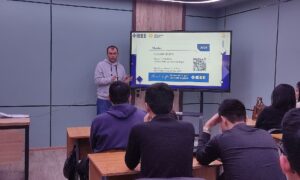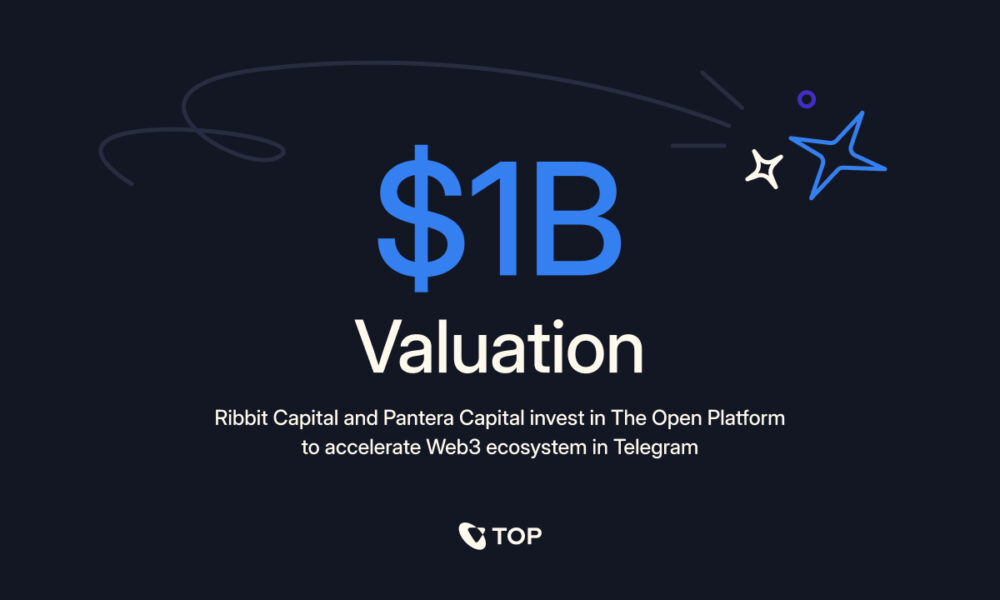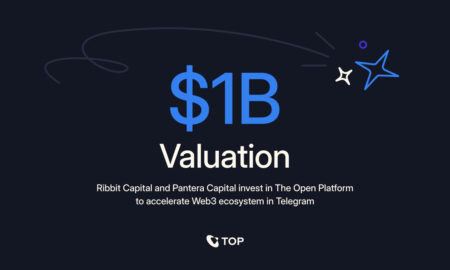The rise of Generative AI technologies like ChatGPT is transforming not just the landscape of digital communication, but also how businesses and organizations approach Learning & Development (L&D). AI’s ability to create personalized, adaptive learning experiences is shifting the traditional paradigms of employee training, enabling companies to build smarter, more scalable training programs. From AI-driven eLearning platforms to virtual mentors that provide real-time feedback, the integration of Generative AI is accelerating how organizations prepare their workforce for the future.
The Role of Generative AI in Modern Learning & Development
Generative AI, the technology behind tools like OpenAI’s ChatGPT, is designed to create content, respond to queries, and even simulate human conversation. Its applications in Learning & Development are vast, ranging from content generation to personalized learning experiences that are adaptive to each learner’s needs. Unlike traditional learning methods that rely on pre-designed courses and static content, AI-driven platforms can dynamically adjust to the individual, providing tailored lessons, instant feedback, and continuous engagement.
Personalization at Scale
One of the most significant benefits of Generative AI in Learning and Development (L&D) is its ability to offer personalized learning experiences. Platforms powered by AI can track a learner’s progress, assess their knowledge gaps, and recommend resources or topics to address those gaps. This approach marks a significant shift from traditional methods, where training often follows a one-size-fits-all approach. AI enables a more targeted and customized strategy, ensuring that each employee receives the right content at the right time.
HR Technology Consulting plays a crucial role in helping organizations implement these AI-driven learning systems effectively. By guiding the selection, customization, and integration of the right technologies, consulting services ensure that AI solutions align with an organization’s unique training goals. For example, AI-powered systems are increasingly used to personalize employee development plans. By leveraging AI, organizations can enhance the effectiveness of their internal training programs, enabling employees to progress at their own pace. This approach not only improves knowledge retention but also boosts engagement by catering to individual learning preferences.
Real-Time Feedback and Assessment
Traditional training programs often rely on periodic assessments to gauge employee progress. However, Generative AI enables continuous assessment through real-time feedback, allowing employees to learn from their mistakes immediately. AI systems can analyze a learner’s input and provide detailed feedback, offering suggestions for improvement without waiting for formal evaluations. This real-time interaction mimics the role of a human mentor, making the learning process more intuitive and less prone to knowledge gaps.
Companies like IBM are integrating AI into their workforce training systems to offer real-time assessments. Their AI-powered systems analyze employee performance in various scenarios, offering customized feedback and suggesting areas for improvement. This allows employees to refine their skills continuously, contributing to the development of a more proficient workforce.
Enhancing Soft Skills through AI
AI’s capabilities extend beyond hard skills training to enhancing critical soft skills such as communication, leadership, and problem-solving. Virtual AI mentors can simulate real-world scenarios, allowing employees to practice their soft skills in a controlled, risk-free environment. This is particularly valuable in sectors where communication and emotional intelligence are essential, such as customer service or management roles.
Unilever, a global leader in consumer goods, leverages AI to train employees on leadership and decision-making skills. Through virtual simulations, their workforce can practice complex scenarios involving team dynamics, crisis management, and strategic thinking, all facilitated by AI-driven mentoring tools. These tools provide feedback that helps employees fine-tune their approach and adapt in real-time.
AI-Driven Knowledge Sharing and Collaboration
Generative AI is also transforming knowledge sharing and collaboration within organizations. Traditional learning models often separate content delivery from knowledge sharing, but AI tools enable more seamless integration of these processes. AI mentors, powered by machine learning and natural language processing, can recommend content, answer questions, and even connect employees with subject matter experts within the organization.
An example of this is PwC, which has adopted AI to enhance collaboration and knowledge sharing across its global workforce. By using AI-based systems, employees can ask questions, retrieve relevant documents, and connect with the right experts—all facilitated by the AI system. This reduces the time spent searching for information and increases productivity by enabling employees to access the knowledge they need at the point of need.
AI as the New AI Mentor
Incorporating AI into L&D doesn’t just mean automating content delivery; it also means creating virtual AI mentors that can provide guidance throughout an employee’s career. These AI mentors are equipped with the ability to answer questions, provide real-time feedback, and even suggest learning paths based on career progression.
Continuous Learning and Career Development
AI mentors are transforming L&D by ensuring that learning is a continuous process rather than a one-off event. Employees no longer need to wait for formal training sessions to learn new skills. Instead, AI mentors can engage employees in ongoing education, suggesting courses, articles, videos, and even quizzes that align with their evolving professional needs.
For instance, Accenture, a global consulting firm, uses AI-powered systems to create personalized learning pathways for employees. Their AI mentors continuously assess the skills needed for employees’ current roles and future career aspirations. This dynamic learning path is designed to prepare employees for new challenges, ensuring that they remain competitive and adaptable in a rapidly changing business environment.
Scalability and Flexibility for Global Teams
Generative AI also addresses scalability challenges in global organizations. Traditional learning programs often struggle to provide consistent, high-quality training across large teams spread across different regions. AI-driven platforms, however, can deliver uniform training experiences to employees in various locations, eliminating regional disparities in skill development. Additionally, AI systems can be available 24/7, providing flexibility for employees working across time zones or with different schedules.
Siemens, a global powerhouse in industrial manufacturing, uses AI to deliver personalized training at scale. With a diverse workforce spread across multiple countries, Siemens relies on AI-driven platforms to ensure that every employee, regardless of location, receives consistent and relevant training. The system adapts the content to suit local languages and cultural preferences, ensuring a seamless learning experience worldwide.
Ethical Considerations and the Future of AI Mentors
While Generative AI offers numerous benefits for L&D, it also raises important ethical considerations. One of the key concerns is bias in AI algorithms. AI systems learn from data, and if the data used to train them is biased, the resulting recommendations and feedback can be skewed. To address this, organizations must ensure that their AI models are trained on diverse and inclusive datasets and undergo regular audits to ensure fairness.
Furthermore, as AI becomes more involved in employee development, companies must also consider the balance between automation and human interaction. AI mentors, while effective at providing personalized learning and feedback, cannot fully replace human mentors who offer emotional intelligence, empathy, and deep industry expertise. A hybrid approach that combines AI tools with human mentorship will likely provide the most effective training and development outcomes.
Conclusion
From ChatGPT to AI mentors, the latest innovations in Generative AI in HR is revolutionizing Learning & Development by making it more personalized, scalable, and dynamic. Companies like IBM, Unilever, and PwC are already leveraging AI to enhance employee training and development, demonstrating the vast potential of these tools. As AI continues to evolve, its role in L&D will only grow, driving more efficient and effective learning experiences for employees across industries. The future of corporate training lies in the seamless integration of AI-driven solutions that empower employees to learn continuously and advance their careers.

































